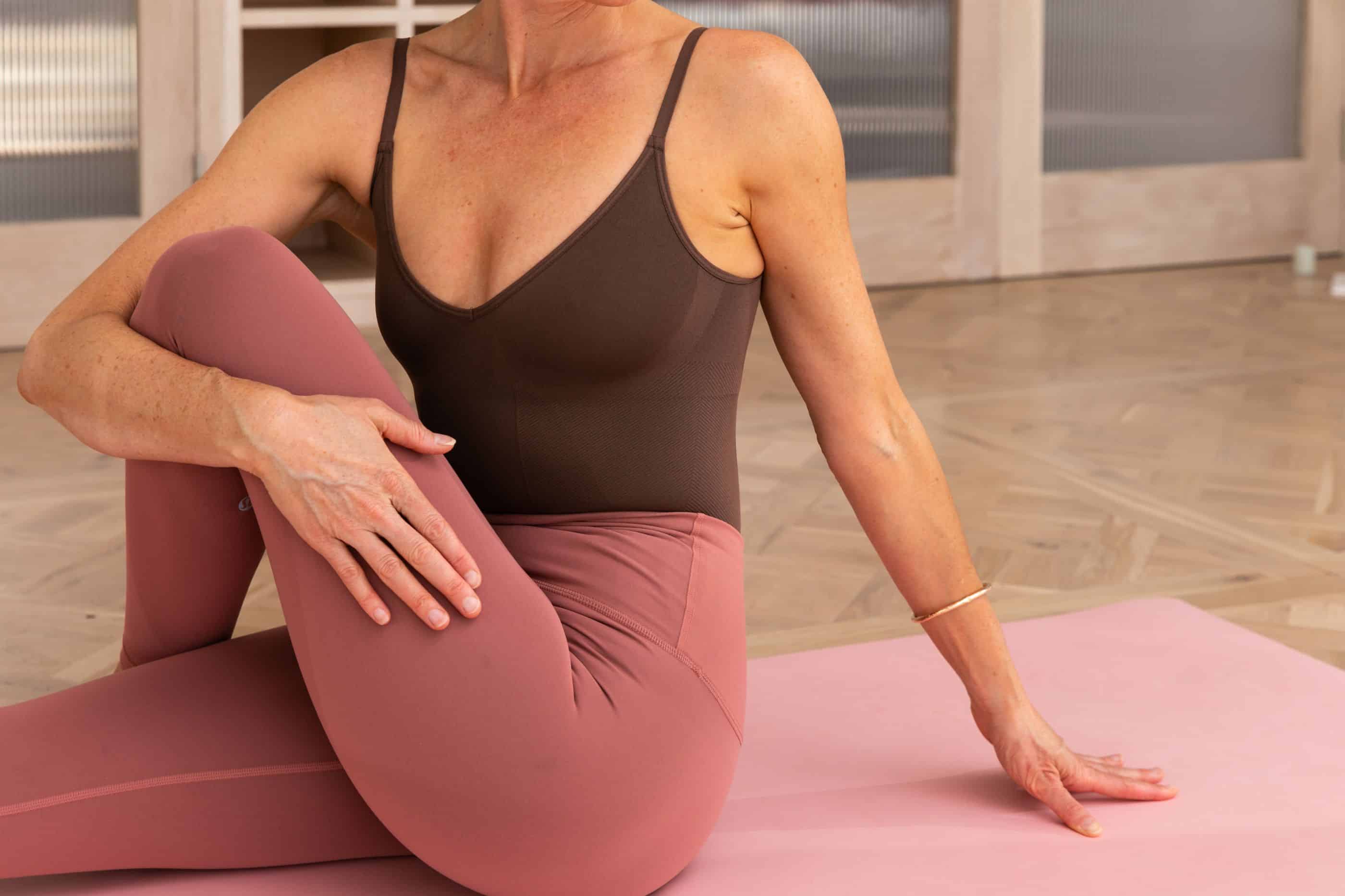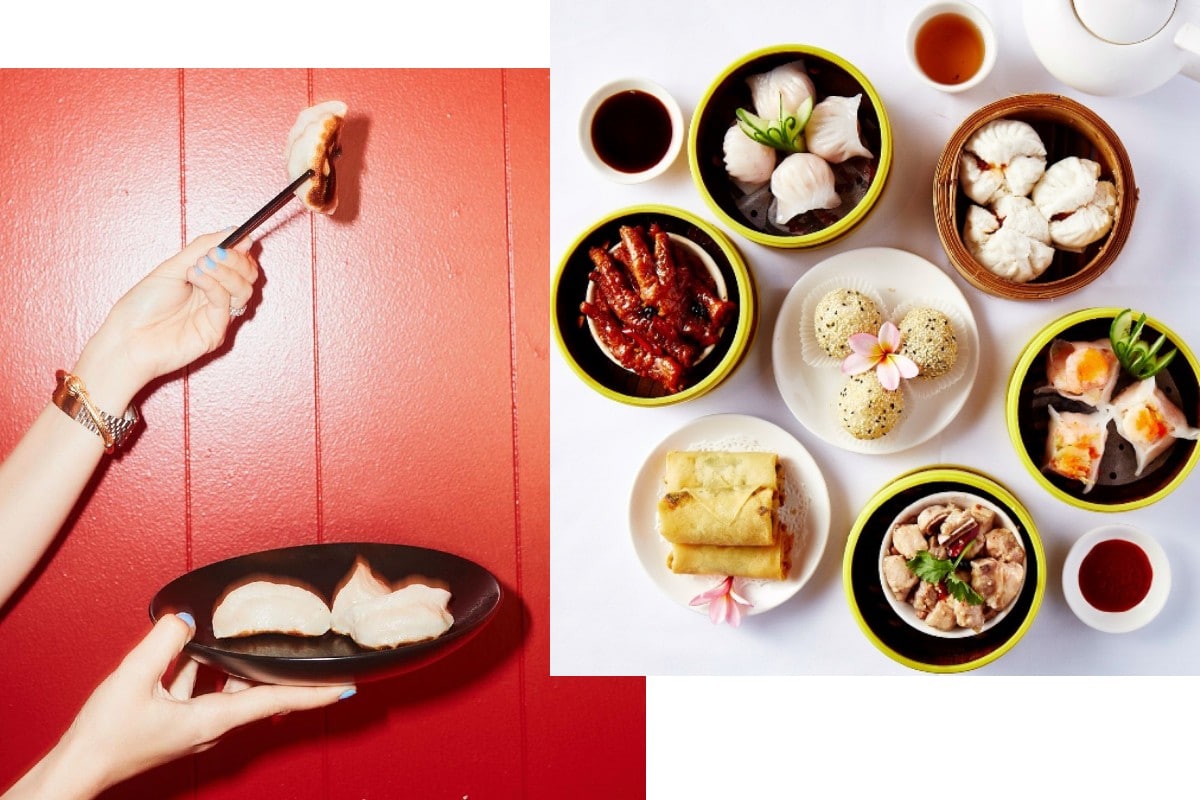
Conception is a deeply personal, exciting and vulnerable experience for all women. Fertility however is often not given much thought until people try to have children and encounter challenges along the way. It is an aspect of life that often remains overlooked until the desire to conceive arises and difficulties emerge. With one in six couples encountering fertility issues and one in 20 babies being born via IVF, this is evidently an area that needs a spotlight turned in its direction. I sat down to talk to Ali Handley from BodyLove Pilates about the education, (or lack thereof) around fertility and hormonal cycles and how she plans to improve the health of women via her new platform, The Mama Project.
According to Handley, there is a lack of understanding of how to best optimise our hormonal cycles in the lead-up to conception. This is an area that has been gathering momentum as of late, with Instagram accounts like @ambrosias.table offering advice on eating for your hormones, products like seed cycle for balancing them and workplaces offering fertility support and benefits to women.
After her years of experience in supporting women running studios focussing on pre and postpartum Pilates, she has launched The Mama Project. The website will offer women support and education for their fertility journey, regardless of if they are currently ready to conceive. The Project will also include a range of videos from IVF specialists and nutritionists, as well as yoga, Pilates and mindfulness practitioners who will guide women through professionally-informed videos for a healthy lifestyle. It's the first program of its kind that Handley has heard of.

To offer medical support on the platform, IVF specialist, Dr Justin Tucker, who has helped many women with their fertility experiences will offer his advice. Handley explains that their approach with The Mama Project is "if you are planning a pregnancy, you should plan to take three to six months to increase the quality of your eggs, increase your health, optimise your cycle and support your hormonal fluctuations over the months, and you'll probably have more luck falling pregnant naturally."
When women do realise they're having trouble falling pregnant naturally, there are other options, like IVF and egg freezing. But how effective are these methods without proper care taken for your body before you undergo the treatments? In vitro fertilisation (IVF) is a type of assisted reproductive technology that involves the process of fertilising an egg with sperm outside of the body, in a laboratory setting. It’s a route many people go down, however, evidence suggests that if your body isn't in a healthy place before you begin the treatment, it is not as likely to take.
Handley believes that before the IVF process even starts, women should know what's going on "It's only when [women] decide they want to have a baby, that they start to track their cycle and take note of things that aren't right. But really, it's something that we should be doing from the moment we get our periods and into our late teens, or early 20s. It's not just when we want to have a baby.”
Beyond just tracking cycles, Handley wants women to know how important it is to eat and exercise according to where they are in their cycles. She explains that there are four stages to the female cycle: menstruation, the follicular phase, ovulation and the luteal phase. Each of these stages requires different types of workouts and meals.

"We should be supporting and nourishing our cycle," Handley says. "And because our hormones change, so should our habits. And I think that it's only now that women are realising that we aren't actually made to have power mornings and do HITT classes and do intermittent fasting all the way through them," she continues.
Each and every story is different, however, a trend Dr Tucker noticed is that “women who had been trying for a year but had accomplished no lifestyle changes, or they've timed their sex to their cycle and hadn't changed the way they worked out to support their cycle, the way they ate, the way they slept or the way they unravelled stress. So after a year of trying, they decided they'd go for IVF but actually what they really needed to do was spend three to six months nourishing their cycle really diving deep into any potential symptoms that might be impacting their fertility, so PCOS, endometriosis, all those symptoms can be really looked at during the cycle. And if you clear up those symptoms and optimise your fertility, you might not need IVF,” says Handley.

She also spoke to me about the possibility of egg freezing, which the platform can help prepare your body for as well through specialised videos. Handley says the best time to collect an egg harvest is around the 26-30-year-old mark. "We want women to first understand like 'you're going to freeze your eggs, you don't come off a bender and go into IVF.' You want to be prepared. So you want to make sure, 'I'm gonna spend the next three months, optimising my cycle, so that my eggs are at the highest quality, I'm going get a big harvest and a harvest is like how many eggs you get, and they're going to be really high quality.'"
In a time where women are taking hold of their own fertility narratives more than ever, The Mama Project feels like a support system recognising and addressing the unique needs of women in their reproductive journeys. As we look to the future, it is a space we can expect further advancements that will continue to revolutionise and transform the fertility landscape, ultimately offering greater empowerment, understanding, and success for women embarking on their path to parenthood.
To sign up for the program, visit The Mama Project website.



